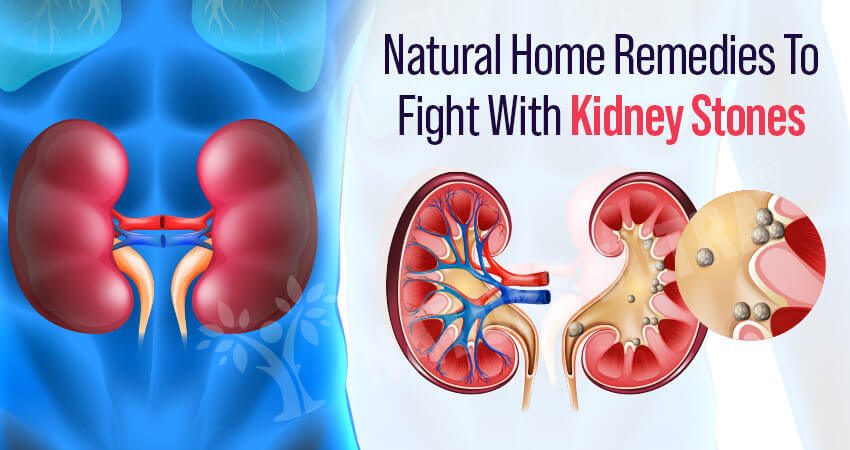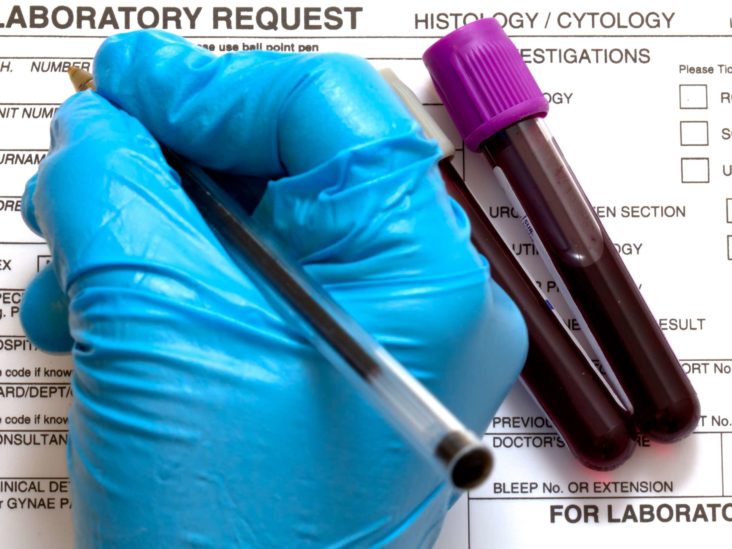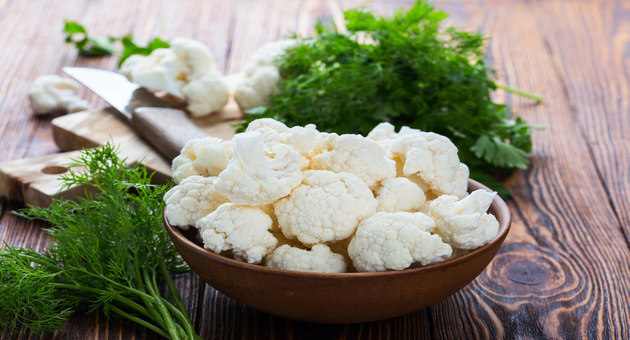Kidney stones are a common health problem.

Passing these stones can be incredibly painful, and unfortunately, people who have experienced kidney stones are more likely to get them again.
However, there are a few things you can do to reduce this risk.
This article explains what kidney stones are and outlines 8 dietary ways to fight them.
What are kidney stones?

Also known as renal stones or nephrolithiasis, kidney stones are composed of hard, solid waste materials that build up in the kidneys and form crystals.
Four main types exist, but about 80% of all stones are calcium oxalate stones. Less common forms include struvite, uric acid, and cysteine.
While smaller stones are usually not a problem, larger stones may cause a blockage in part of your urinary system as they leave your body.
This can lead to severe pain, vomiting, and bleeding.
Kidney stones are a common health problem. In fact, about 12% of men and 5% of women in the United States will develop a kidney stone during their lifetime .
What’s more, if you get a kidney stone once, studies suggest you are up to 50% more likely to form another stone within 5 to 10 years.
Below are 8 natural ways you can reduce the risk of forming another kidney stone.
SUMMARY Kidney stones are firm lumps formed from crystallized waste products in the kidneys. They are a common health problem and passing large stones can be very painful.
1. Stay hydrated
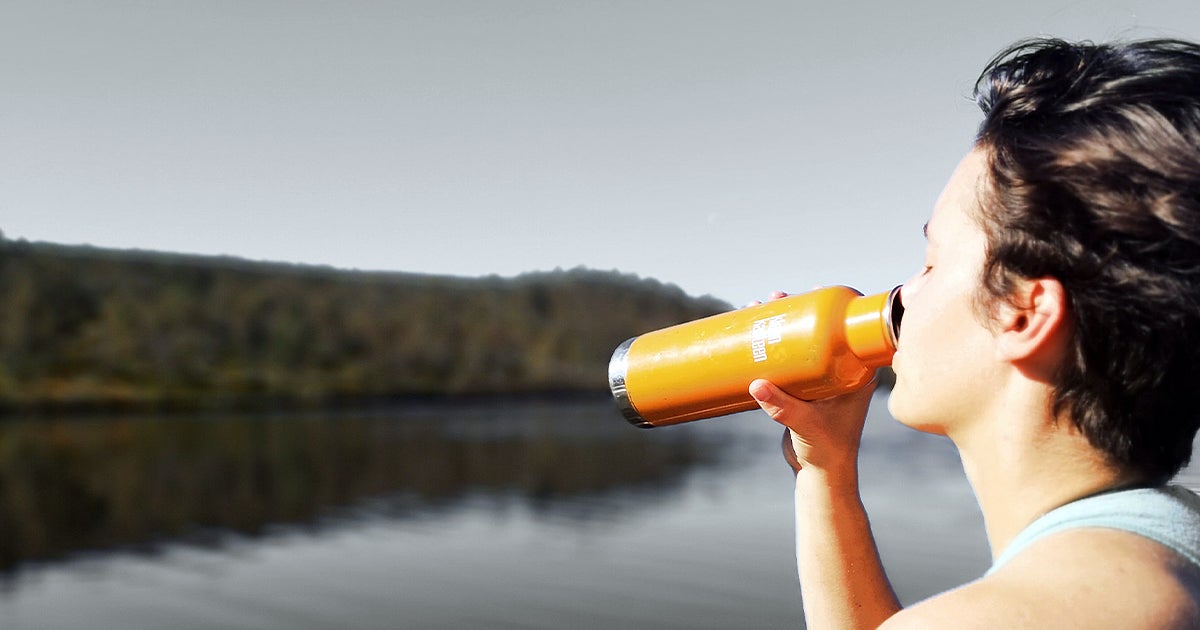
When it comes to kidney stone prevention, drinking plenty of fluids is generally recommended.
Fluids dilute and increase the volume of the stone-forming substances in urine, which makes them less likely to crystallize .
However, not all fluids exert this effect equally. For example, a high intake of water is linked to a lower risk of kidney stone formation.
Beverages like coffee, tea, beer, wine, and orange juice have also been associated with a lower risk.
On the other hand, consuming a lot of soda may contribute to kidney stone formation. This is true for both sugar-sweetened and artificially sweetened sodas.
Sugar-sweetened soft drinks contain fructose, which is known to increase the excretion of calcium, oxalate, and uric acid. These are important factors for kidney stone risk .
Some studies have also linked a high intake of sugar-sweetened and artificially sweetened colas to an increased risk of kidney stones, due to their phosphoric acid contents.
SUMMARY Staying hydrated is important for preventing kidney stones. Yet, while some beverages may decrease the risk, others may increase it.
2. Increase your citric acid intake

Citric acid is an organic acid found in many fruits and vegetables, particularly citrus fruits. Lemons and limes are especially rich in this plant compound .
Citric acid may help prevent calcium oxalate kidney stones in two ways:
- Preventing stone formation: It can bind with calcium in urine, reducing the risk of new stone formation.
- Preventing stone enlargement: It binds with existing calcium oxalate crystals, preventing them from getting larger. It can help you pass these crystals before they turn into larger stones .
An easy way to consume more citric acid is to eat more citrus fruits, such as grapefruit, oranges, lemons, or limes.
You can also try adding some lime or lemon juice to your water.
SUMMARY Citric acid is a plant compound that may help prevent kidney stones from forming. Citrus fruits are great dietary sources.
3. Limit foods high in oxalates
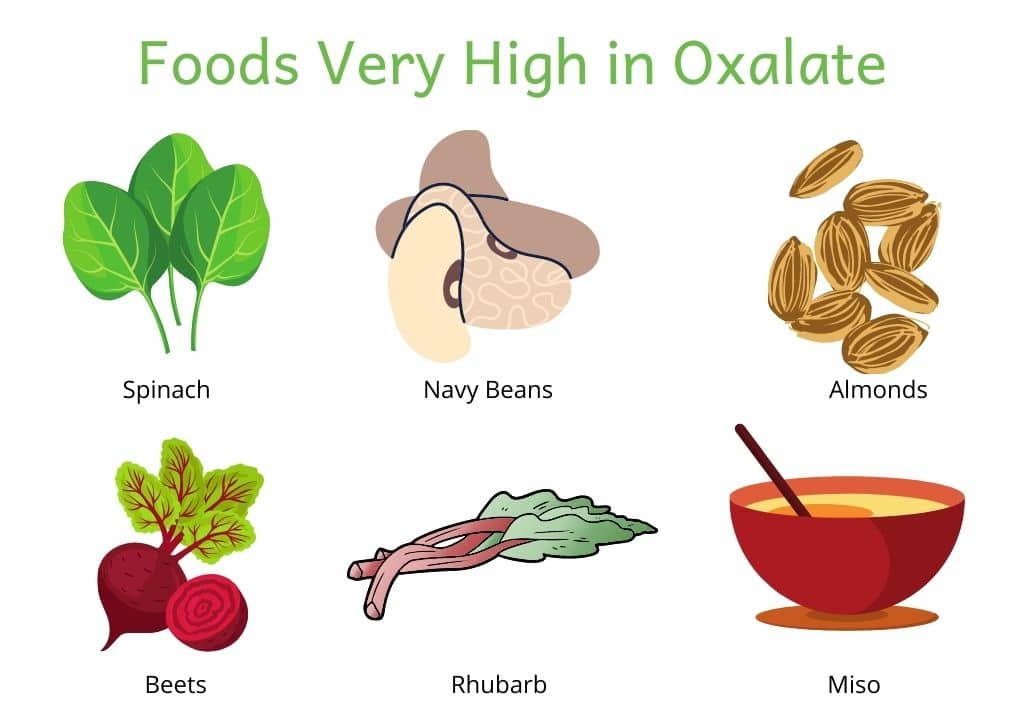
Oxalate (oxalic acid) is an antinutrient found in many plant foods, including leafy greens, fruits, vegetables, and cocoa.
Also, your body produces considerable amounts of it.
A high oxalate intake may increase oxalate excretion in urine, which can be problematic for people who tend to form calcium oxalate crystals .
Oxalate can bind calcium and other minerals, forming crystals that can lead to stone formation.
However, foods high in oxalate also tend to be very healthy, so a strict low-oxalate diet is no longer recommended for all stone-forming individuals.
A low-oxalate diet is only suggested for people who have hyperoxaluria, a condition characterized by high levels of oxalate in the urine.
Before changing your diet, consult your healthcare provider or dietitian to find out whether you may benefit from limiting your intake of oxalate-rich foods.
SUMMARY Foods high in oxalate can be problematic for some people. However, seek advice from a health professional before limiting these foods, as doing so is not necessary for all stone-forming people.
4. Don’t take high doses of vitamin C
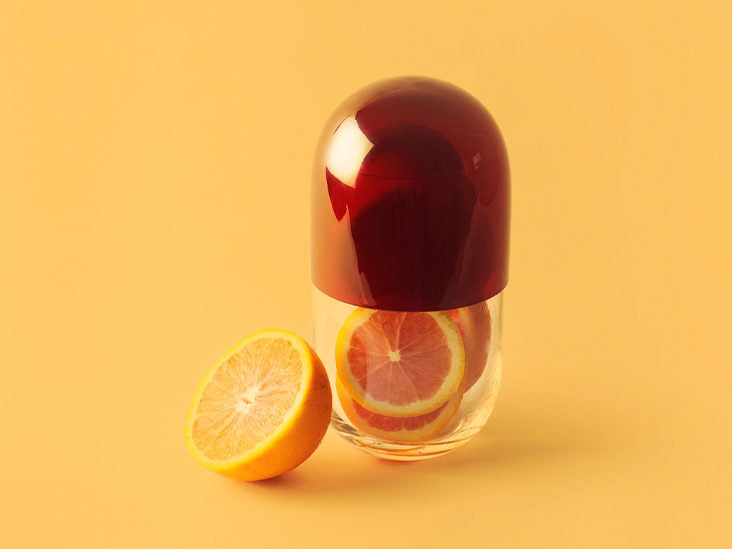
Studies indicate that vitamin C (ascorbic acid) supplements are associated with a higher risk of getting kidney stones.
A high intake of supplemental vitamin C may increase the excretion of oxalate in the urine, as some vitamin C can be converted into oxalate within the body .
One Swedish study among middle-aged and older men estimated that those who supplement with vitamin C may be twice as likely to develop kidney stones as those who don’t supplement with this vitamin .
However, note that vitamin C from food sources, such as lemons, is not associated with an increased stone risk .
SUMMARY There is some evidence that taking high doses of vitamin C supplements may increase the risk of calcium oxalate kidney stones in men.
5. Get enough calcium
It’s a common misunderstanding that you need to decrease your calcium intake to reduce your risk of forming calcium-containing stones.
However, this is not the case. In fact, a diet high in calcium has been associated with a decreased risk of forming kidney stones.
One study placed men who had previously formed calcium-containing kidney stones on a diet containing 1,200 mg of calcium per day. The diet was also low in animal protein and salt .
The men had about a 50% lower risk of developing another kidney stone within 5 years than the control group, which followed a low-calcium diet of 400 mg per day.
Dietary calcium tends to bind with oxalate in the diet, which prevents it from being absorbed. The kidneys then don’t have to pass it through the urinary system.
Dairy products like milk, cheese, and yogurt are good dietary sources of calcium.
For most adults, the recommended daily allowance (RDA) for calcium is 1,000 mg per day. However, the RDA is 1,200 mg per day for women over the age of 50 and everyone over the age of 70.
SUMMARY Getting enough calcium may help prevent kidney stone formation in some people. Calcium may bind to oxalate and prevent it from being absorbed.
6. Cut back on salt

A diet high in salt is linked to an increased risk of kidney stones in some people.
A high intake of sodium, a component of table salt, may increase calcium excretion through urine, which is one of the main risk factors for kidney stones .
That said, some studies in younger adults have failed to find an association.
Most dietary guidelines recommend that people limit sodium intake to 2,300 mg per day. However, most people consume a lot more than that amount .
One of the best ways to decrease your sodium intake is to cut back on packaged, processed foods .
SUMMARY If you’re prone to forming kidney stones, restricting sodium may help. Sodium may increase the amount of calcium you excrete in urine.
7. Increase your magnesium intake

Magnesium is an important mineral that many people don’t consume in sufficient amounts.
It’s involved in hundreds of metabolic reactions within your body, including energy production and muscle movements.
There is also some evidence that magnesium may help prevent calcium oxalate kidney stone formation.
Exactly how this works is not fully understood, but it has been suggested that magnesium may reduce oxalate absorption in the gut.
Nevertheless, not all studies agree on the matter .
The reference daily intake (RDI) for magnesium is 420 mg per day. If you want to increase your dietary magnesium intake, avocados, legumes, and tofu are all good dietary sources.
To reap maximum benefits, consume magnesium along with foods that are high in oxalate. If that’s not an option, try to consume this mineral within 12 hours of eating oxalate-rich foods.
SUMMARY Some studies show that increasing your magnesium intake may help decrease oxalate absorption and reduce the risk of kidney stones.
8. Eat less animal protein

A diet high in animal protein sources, such as meat, fish, and dairy, is associated with a higher risk of kidney stones.
A high intake of animal protein may increase calcium excretion and decrease levels of citrate .
In addition, animal protein sources are rich in purines. These compounds are broken down into uric acid and may increase the risk of forming uric acid stones.
All foods contain purines in varying amounts.
Kidney, liver, and other organ meats are very high in purines. On the other hand, plant foods are low in these substances.
SUMMARY A high intake of animal protein may increase your risk of developing kidney stones.
The bottom line
If you’ve had a kidney stone, you’re very likely to develop another one within 5 to 10 years. Fortunately, taking certain dietary measures may help reduce this risk.
For example, you can try increasing your fluid intake, consuming foods rich in certain nutrients, eating less animal protein, and avoiding sodium.
Just a few simple measures may go a long way in preventing painful kidney stones.
